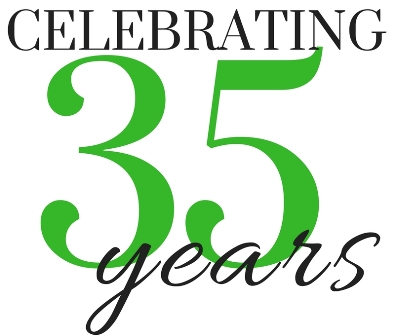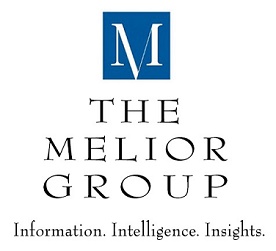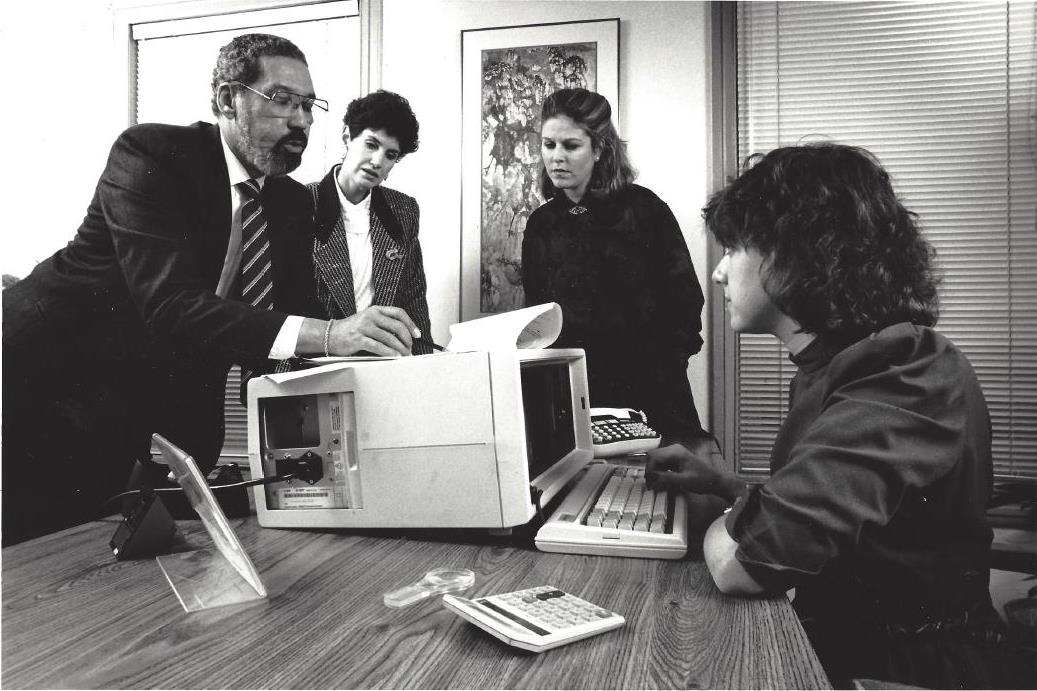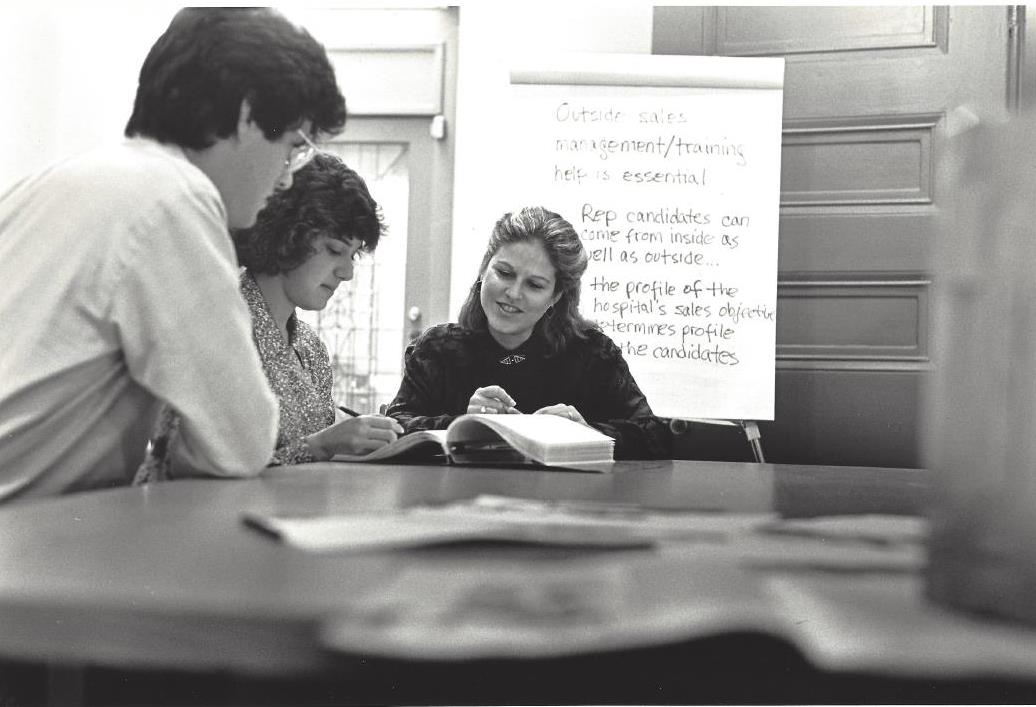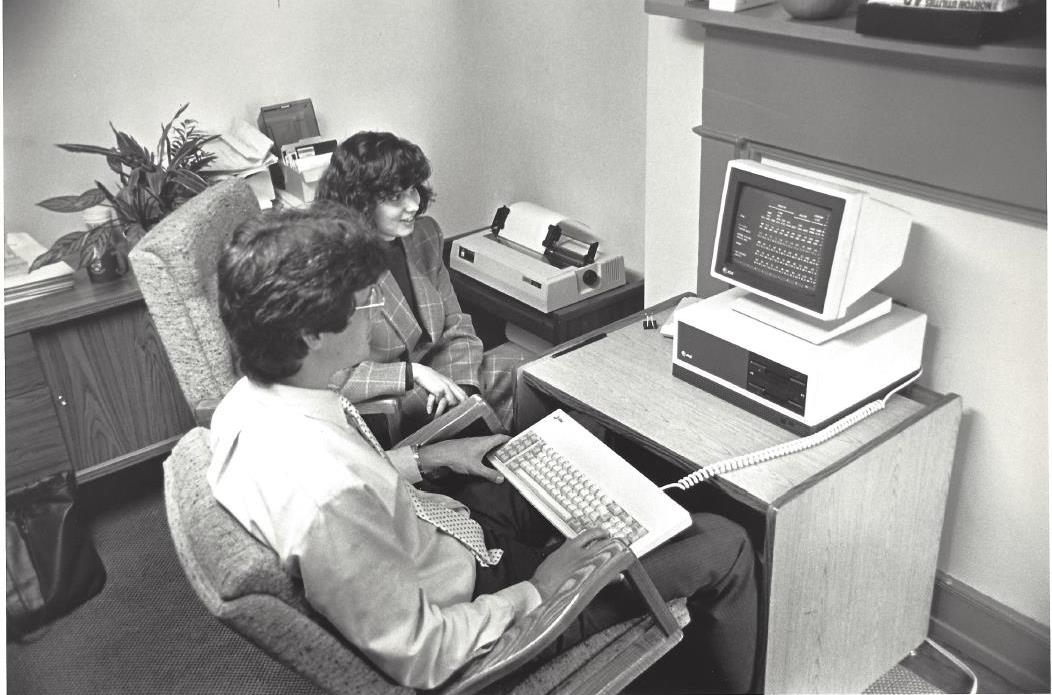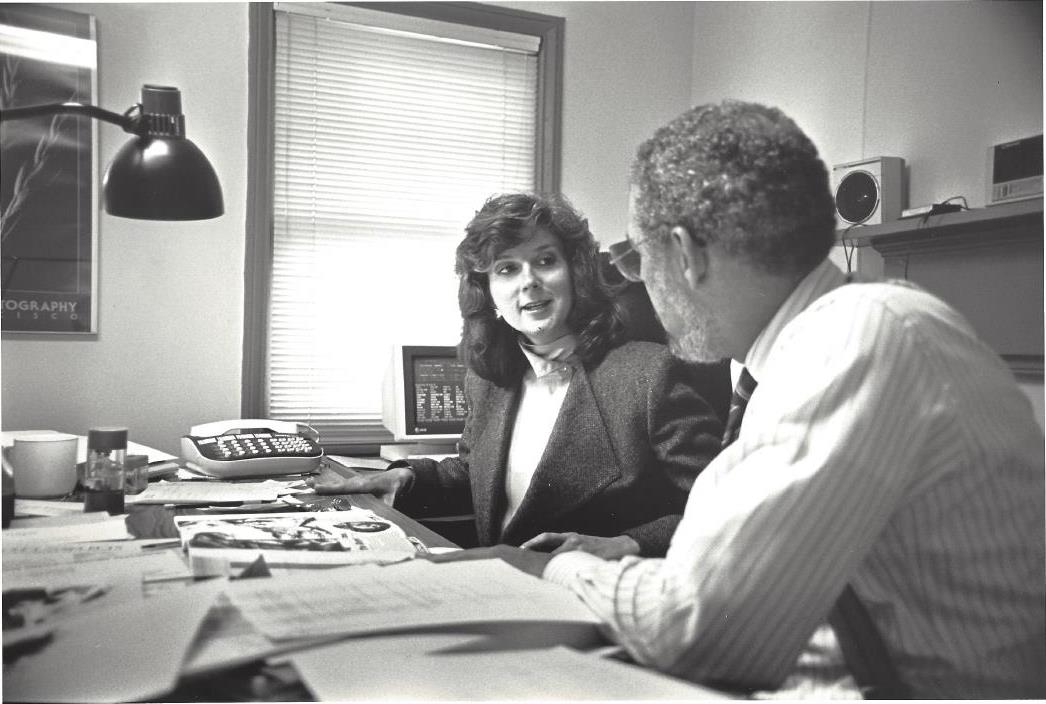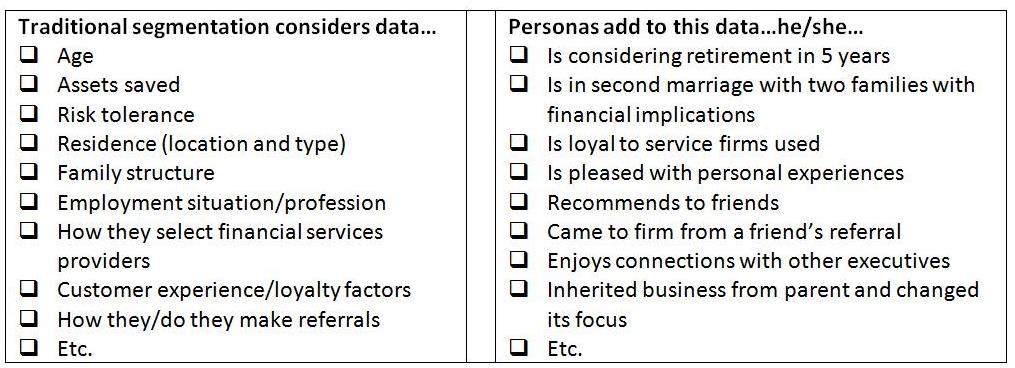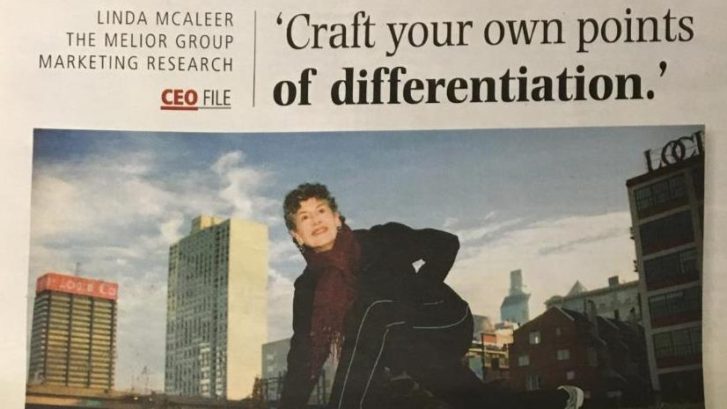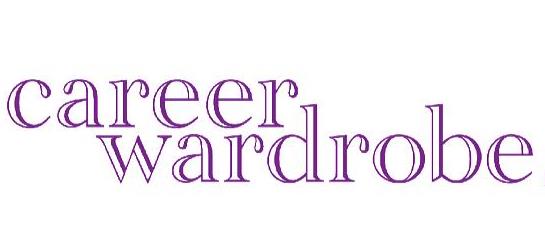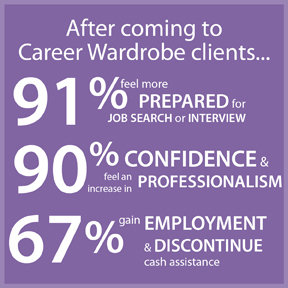Philanthropy: It’s More Than Just Money
This past week, Giving USA™ presented its report of charitable giving by individuals, corporations, bequests and foundations. The extremely positive news was that in 2017, charitable giving was up 5.2% in the U.S. Each of the donor groups increased its giving over the previous year, with the greatest overall percentage of giving attributed to individuals… whose giving represented 70% of all charitable gifts.
This philanthropy represents the true kindness and generosity of the American people. When faced with a crisis, a need or the inhumanity of others, Americans step up and demonstrate our caring with both financial and other gifts. While the classic definition of philanthropy is “the desire to promote the welfare of others, expressed especially by the generous donation of money to good causes,” today’s true “philanthropists” are more than that definition; they demonstrate passion and focus on positive change; and they are not solely defined by the amount they give.
What does it take, then, to encourage charitable giving to particular institutions, organizations and issues? The following are words of wisdom, implications taken from research conducted by The Melior Group in community studies and for other non-profits:
- Donors must be inspired. A performance, story or (hoped-for future) event can encourage prospective donors to consider gifts.
- Donors want to be engaged. It is no longer a one-and-done gift: donors want to feel a personal connection; they want to give time and expertise in addition to money, and to feel that they know the organization.
- Donors want to make a difference. While donors recognize their role is not to actually solve the problems, they do want demonstration (such as tangible metrics) of the impact their contributions are making.
- Donors recognize it’s their voices, as well as their money. It is important to consider the critical role of advocacy as a philanthropic mechanism; positive change comes from organizations that work from the inside as well as the outside to improve the lives of others.
Questions? Comments? Interested in learning more? Contact Linda McAleer at [email protected] or 215-545-0054 x104.


